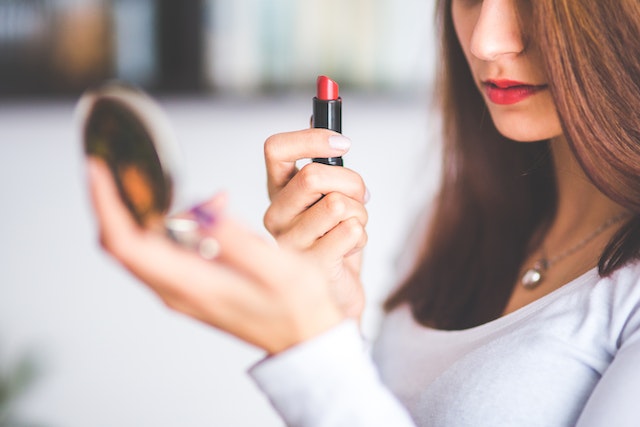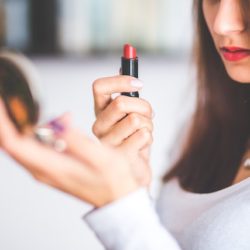What does the Bible say about wearing jewelry and makeup?

The topic of wearing jewelry and makeup has been a subject of discussion and sometimes contention among various Christian groups. The Bible provides insights and perspectives that guide believers in understanding how these aspects relate to their faith and daily living.
1. The Meaning of Jewelry in the Bible: 1 Peter 3:1-3
“Likewise, wives, be in subjection to your own husbands; so that, even if any don’t obey the Word, they may be won by the behavior of their wives without a word; seeing your pure behavior in fear. Let your beauty be not just the outward adorning of braiding the hair, and of wearing jewels of gold, or of putting on fine clothing…”
- Jewelry in biblical times often symbolized wealth, status, and sometimes, idolatry.
- The Bible does not outright condemn wearing jewelry but emphasizes that inner beauty and godly character should be the primary focus.
2. The Significance of Makeup: 2 Kings 9:30
“When Jehu came to Jezreel, Jezebel heard of it; and she painted her eyes, and attired her head, and looked out at the window.”
- Makeup was used in biblical times, sometimes associated with enhancing beauty, and at other times, with negative connotations, as seen with Jezebel.
- The Bible does not explicitly forbid the use of makeup but underscores the importance of focusing on inner virtues.
3. Jewelry and Makeup Regarding Women: 1 Timothy 2:9-10
“In the same way, that women also adorn themselves in decent clothing, with modesty and propriety; not just with braided hair, gold, pearls, or expensive clothing; but (which becomes women professing godliness) with good works.”
- The Bible advises women to prioritize modesty and good works over external adornments.
- The emphasis is on ensuring that the adornment does not overshadow or replace the importance of godly character and deeds.
4. Jewelry and Makeup Regarding Men
- The Bible has fewer instances where men’s use of jewelry is discussed.
- However, men in biblical times did wear jewelry, like rings and necklaces, often as symbols of authority and wealth.
- The scripture does not provide specific guidelines regarding men and makeup but maintains a consistent message about focusing on internal virtues over external appearances.
5. The Heart of the Matter: Inner vs. Outer Adornment: 1 Peter 3:4
“but in the hidden person of the heart, in the incorruptible adornment of a gentle and quiet spirit, which is very precious in the sight of God.”
- Both men and women are encouraged to seek beauty that is internal, reflecting a heart that is in tune with God’s will and character.
- External adornment is not condemned but should not be the focal point of one’s identity or value.
6. Practical Application: Balancing External and Internal Adornment
- Believers can enjoy jewelry and makeup as forms of artistic expression, celebration of beauty, or cultural practices.
- The key is to maintain a balanced perspective, ensuring that these external aspects do not become idols or diminish the value of cultivating a godly character.
The Bible provides a balanced perspective on wearing jewelry and makeup, emphasizing the paramount importance of nurturing inner beauty and godly virtues. While it does not strictly prohibit these adornments, the scripture consistently encourages believers to ensure that their identity and value are deeply rooted in their relationship with God and the cultivation of a Christ-like character. As we explore our expressions of external beauty, may we always be guided by the timeless truth that our true worth is found in our Creator, and our most beautiful adornments are the fruits of the Spirit we display.




























